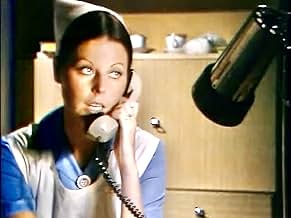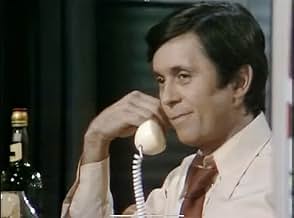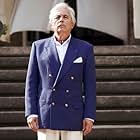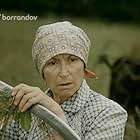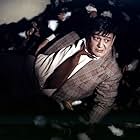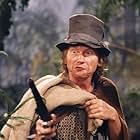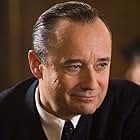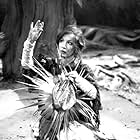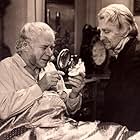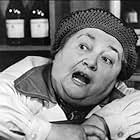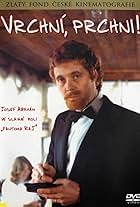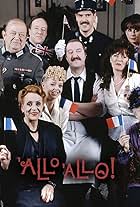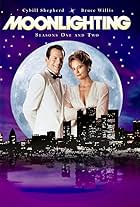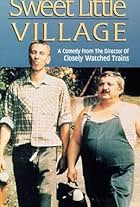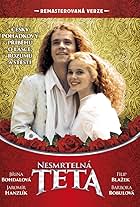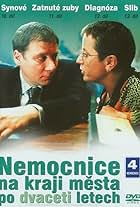"Nemocnice Na Kraji Mesta" (lit.: "The Hospital in the Suburbs", 1978-1981) was probably the most successful European TV series ever. It was directed by legendary Czech director Jaroslav Dietl and broadcast in 20 episodes in no less than 21 countries - USA excluded. In the case someone from a production company reads these lines, let me thus suggest: Get the rights, put this series on international DVDs, hopefully with sensible subtitling, and you will have the next great success in your business.
"The Hospital in the Suburbs" plays in the Hospital in the outskirts of a Czech industry quarter, called Bor (in reality: Most). For all those who do not know the basic structure of communist cities: the outskirts is where the industrial plants are/were, and there also the laborers lived, outside of the historical cities, amongst themselves, together, but isolated. Thus, people who come into the hospital in the movie belong to the category of the poor and the poorest. Now, as you know: Who has no money, has no rights. Applied to medicine in most countries, this means: humiliation before healing, waiting for hours in crowded waiting rooms, treatment by beginner-physicians or, worse, by nurses (exclusively USA), lodging in 12 bed-halls, tranquilizing instead of discussion, penetration in public instead of appropriateness in privacy, and so on. Moreover, the physician knows everything about you, but you know nothing about him which puts him into an absolute position of might.
However, what the movie shows, is insofar romantic, as everything that goes on in the hospital of "Bor" is quite opposite: There is the extremely sympathetic Dr. Strosmajer (played by the unforgettable Czech film-giant Milos Kopecky), an overweight chain-smoker and drinker who cannot overcome the misery that he sees everyday and whose compassion with his patients almost eats him up. He is contrasted by the cold and non-passionate ruler-type, the chief-physician Dr. Blazej and the assistant-physician, the attractive Dr. Alzbieta Cenkova, who is the focus of many male doctors as well as patients in the hospital. What makes "Nemocnice Na Kraji Mesta" really special, is not only that the fates of the patients are really shown in a naturalist way, but that the film shows also what is going on amongst the physicians and how these interrelationships affect the situation of the patients. The movie - or better the 20 1-hour-episodes - have a very high entertaining-value. We speak here about a true highlight that has been forgotten behind the Iron Curtain.

